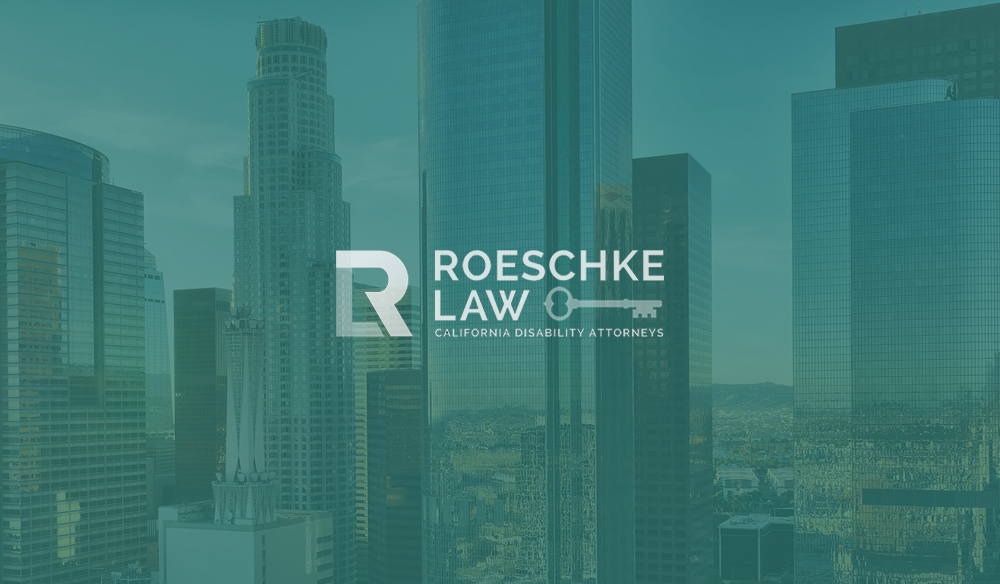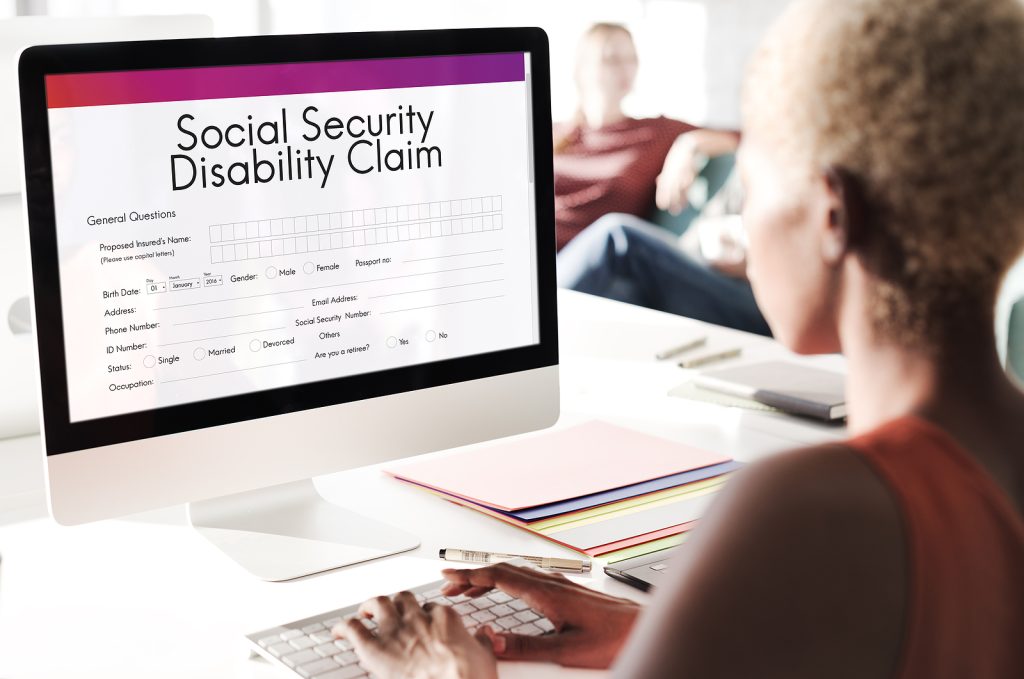Are My SSDI Benefit Payments Usually Untouched If I File Bankruptcy?
If you are elderly, disabled, or blind and have a meager income, you may receive assistance from specific Federal programs, such as SSI or SSDI. These benefits allow you to live a relatively everyday life. Without these SSDI benefits, you may be unable to care for yourself and obtain food, shelter, clothing, and other necessities.
Under most circumstances, therefore, if you have bad debt and file for bankruptcy for debt relief, your SSDI payments usually are not affected.
The government and the state know that there are several ways that your disability claims must be proven before receiving your SSDI benefits. There also are ways that the benefits must be used to ensure that you’re not abusing “the system” when receiving the money.
Myriad rules go into the exemption process of filing for Chapter 7 bankruptcy. Also, each filing is unique, and these exemptions will be treated as such.
When filing for a Chapter 7 bankruptcy, it’s hard to know precisely what you can keep and what you may have to forfeit or sell.
What’s vital is to realize that SSDI claims are always tricky and legally complex in bankruptcy cases. Therefore, it’s always a wise and legally prudent move to consult and work with a qualified, professional Los Angeles SSDI attorney on all the aspects (financial and otherwise) of your case. Do this before you file for bankruptcy to ensure that you won’t lose your valuable and needed SSDI benefits.
Does Chapter 7 or 13 Bankruptcy Affect My SSDI Payments Differently?
When you file Chapter 7 bankruptcy, practically all your property is considered property of the bankruptcy estate. So, the bankruptcy trustee can take your nonexempt assets and sell them off to repay your creditors. However, in most cases involving SSDI, state and federal bankruptcy exemptions protect your SSDI benefits.
When filing for Chapter 13 bankruptcy, you usually keep all of your property but are ordered to pay a portion of your debts using a repayment plan.

The bankruptcy trustee does not sell your nonexempt assets to pay your creditors. However, there are tricky stipulations. If the court determines that a portion of your SSDI benefits is not exempt, you may have to use a part of your SSDI payments to contribute to your repayment plan.
There also are other stipulations to either form of bankruptcy. So, it’s legally complex, and discussing your unique financial picture with your Los Angeles SSDI attorney provides you with invaluable information that will help protect your financial future.
Do “Lump Sum” SSDI Payments Differ In a Bankruptcy Filing?
If your application or appeal for SSDI is approved by the Social Security Administration, they sometimes pay back benefits for a period before the date you applied. This date (and the you’re awarded) usually depend upon when Social Security determines that you first became disabled.
Commonly, “lump sum” payments are, by law, treated in bankruptcy the same as your monthly benefits and are exempt. However, if you still have the “lump sum” payment in your possession at the time of your bankruptcy filing, you could have a problem.

This is usually because you deposit the amount in your existing bank account as the recipient of the “lump sum” payment. If other sources of deposits are also present in that account, the bankruptcy trustee may claim that the lump sum award has been commingled and may attempt to seize the total account balance.
Usually, it can be reversed if this happens, but the process creates additional delays and more legal fees.
This is one of many details where the advice and guidance of your Los Angeles SSDI attorney is invaluable. Your SSDI attorney usually advises you to establish a separate account into which the “lump sum” SSDI payment is deposited. This would allow you to avoid this issue entirely.
Is There Any Other Way Bankruptcy Interrupt My SSDI Payments?
The simple answer to this question is no, not usually. However, you must always remember that combining bankruptcy with any type of government benefit, including SSDI payments, is complex, and your case is unique.
There are only two main reasons that your SSDI benefits could be stopped, they are:
- After completing a 9-month Trial Work Period ( or TWP), you work at a level that Social Security considers substantial.
- Or, Social Security decides that your medical issue has improved and you no longer are eligible for SSDI benefits.
It may sound simple, but legally it is not. In most cases, If any of your debts go to collections, you must keep disability and other protected income separate. By doing so, your disability income isn’t treated like ordinary income for debt collection, and debt collectors commonly can’t touch your Social Security disability benefits.
Be aware, though, there are “loopholes” and mistakes you can make in handling your SSDI (or other protected benefits) that you may not be aware of. The mishandling of SSDI funds may jeopardize them when you file for bankruptcy.

So, what’s the answer? Always consult with a qualified Los Angeles SSDI attorney before you begin to file for your bankruptcy.
Your SSDI lawyer will thoroughly analyze your finances and ensure that your SSDI (and other commonly protected benefits) are not in harm’s way. Your professional SSDI lawyer will correct errors in handling your benefit payments and preserve your SSDI payments before filing.
I Receive SSDI Benefits and May File Bankruptcy; How Should I Proceed?
If you believe that you must file for bankruptcy and you’re concerned about losing your SSDI benefits; then you must consult with a professional, knowledgeable, and thorough Los Angeles SSDI attorney.
By doing so, your will ensure that:
- Your SSDI funds are protected fully by the federal exemption.
- Your state provides an exemption that will protect disability payments.
- Your state has other exemptions that may cover additional funds (such as a “wildcard exemption”).
- Or, you can protect your funds in different ways.
Don’t put your financial future on the line, and feel confident in knowing the facts before you file.














